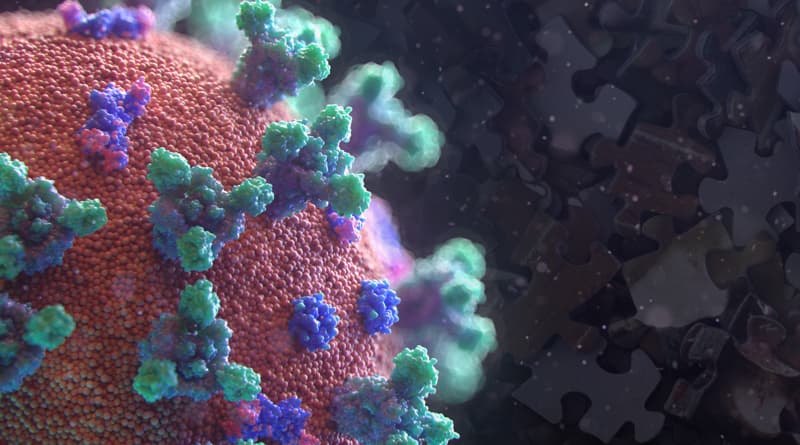
Autism and the Coronavirus
What People with Autism Should Know About the Coronavirus Outbreak
It’s hard enough to deal with a widespread infectious disease that there currently is no cure for, and for a duration of which no one is sure of, for a neurotypical. However, it becomes more complicated and anxiety inducing for someone with autism. What are some things they can do to prevent themselves from getting this disease that will also ease their anxiety?
In general, the best ways for anyone to protect themselves from getting infectious diseases like the flu or coronavirus (COVID-19) is healthy habits, such as hand-washing, limiting contact with people that are sick, and keeping distance.
What the Center of Disease Control (CDC) Recommends
To help prevent the coronavirus, the CDC recommends the following:
- Use good hand-washing hygiene. Hands should be washed with hot water and soap for at least 20 seconds. If no soap or hot water is available, alcohol-based hand sanitizer is the second best option.
- Avoid contact with others who are ill, as viruses spread through close contact.
- No touching the eyes, nose, or mouth. Also, reminding family members, especially children, not to.
- If not feeling well, stay home. If going out is necessary, put on a mask to avoid spreading illness.
- Using tissues to cover coughs or sneezes and throwing them out immediately. If tissues are not available, the second best option would be coughing in one’s own elbow.
- Frequently disinfecting common surfaces where a virus could survive, such as doorknobs, railings, and light switches.
How to Talk to a Family Member with Autism about COVID-19
If you are taking care of a child or family member with autism, it’s important to tell them about the coronavirus without frightening them. Doing the following can help them:
- Talk with your children or family member with autism before they hear about it from elsewhere so you understand what they know.
- Provide facts appropriate to their level of comprehension.
- Communicate with them in a way that they prefer, such as with pictures or stories.
- Allow for them to process the information.
- Be reassuring and answer questions.
- Communicate with your support system(s).
- Watch for changes in routines or other signs of anxiety and distress and provide support as needed.
- Be positive to help them feel safe through frightening situations.
What to do if a Family Member Becomes Ill
Some highlights of what to do if a family member becomes ill include the following:
- Aside from going to the doctor, the sick family member should stay home. Call the doctor’s office ahead of time to let them know you’re coming.
- You and the sick person should wear a disposable mask when in the same room.
- Encourage good air flow through open windows.
- Wear disposable gloves when in places with items that are frequently touched to avoid contamination.
- Wash laundry thoroughly and at the highest temperature available.
- Separate contact and utensils with the sick person.
- Make sure the sick person sneezes and coughs in a tissue and they throw it out immediately. If no tissues are available, have them wash their hands or use hand sanitizer after.
Sources: Center for Disease Control, Autism Speaks




